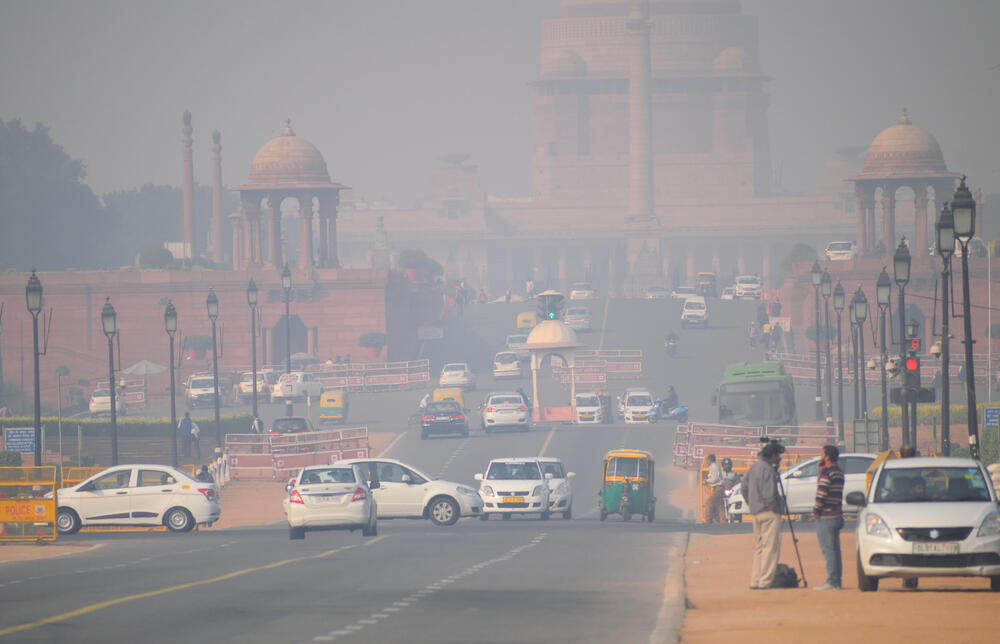Getting your Trinity Audio player ready...
Israel scores at the top of many international rankings, but a new index rating the quality of nature conservation worldwide, ranked Israel at the 145th place —behind Egypt and Qatar and slightly ahead of Iran.
The index, developed by Israeli researchers, assesses 180 countries around the world. Known as the Nature Conservation Index (NCI), it ranks each country by its commitment to and efforts in preserving its natural environment.
3 View gallery


Human waste endangering animals in nature
(Photo: Eyal Cohen, Nature and Parks Authority)
The index is based on 25 parameters from leading global databases, covering biodiversity and species variety, endangered and threatened species, ecosystems, nature conservation laws, enforcement, democracy index and future projections.
The ranking, available on BioDB in collaboration with Ben-Gurion University's School of Sustainability and Climate Change, provides insight into these criteria.
Luxembourg leads the rankings in conservation quality, followed by Estonia, Denmark, Finland, the UK, Zimbabwe, Australia, Switzerland, Romania and Costa Rica. Israel ranks 145th, just after Mali, Morocco, Burundi and the Democratic Republic of Congo. Russia ranks one place below Israel, at 146, with Iran at 161. The five lowest-ranked countries are India, Micronesia, Iraq, Turkey and Kiribati — a Pacific Ocean island nation.
Prof. Yaron Ziv from Ben-Gurion University's Department of Life Sciences and School of Sustainability and Climate Change explained the country’s low rating. "Our marine habitat preservation efforts don’t help us," he said.
"We only have 3.9% of sea zones designated marine reserves. We analyzed global data, and in Israel, for example, there’s a problem with open space continuity. While we take pride in having 25% of the country designed as nature reserves, the largest ones are in the south, in military zones.”
“We’re paying the price due to population density and development pressures. If you look at central and northern Israel, where most of the population lives — the land has been occupied, for better or worse. That could be by urban or agricultural areas, but that’s the situation,” he added.
Prof. Ziv noted the index was initiated by Asaf Levy, an internet entrepreneur and investor who owns the website BioDB, focusing on endangered animals. "My true love has always been nature," Levy explained.
"I was lucky enough to do something I'm genuinely passionate about. During a long trip through Thailand, I wondered where Thailand stood in terms of democracy and nature conservation. I checked, only to find that no such conservation index existed. I wasn't surprised. I teamed up with Prof. Ziv and his team and they developed the first nature conservation index."
3 View gallery


Environmental Protection Minister Idit Silman (right) with Justice Minister Yariv Levin and Finance Minister Bezalel Smotrich
(Photo: Alex Kolomoisky)
"They handled the scientific aspect, with 25 different parameters assessing the resources a country allocates for nature conservation and how it manages them,” he added. “We know there's a correlation between the democracy index and the quality of nature conservation.”
“The index examines government efficiency and corruption and even looks to the future: How is the country tackling the climate crisis? We’re in a worrying position. We're positioned alongside countries where people don't have running water,” Levy said.
The index serves as a practical tool for identifying nature conservation gaps and highlights successful examples among various countries, offering strategies for more effective environmental preservation to help safeguard ecosystems for future generations.
Israel's low ranking should serve as a wake-up call for its policymakers, especially in light of ongoing attempts to pass a climate law that environmental organizations and climate activists argue is insufficient, along with the steady encroachment on open spaces for urban development.
Get the Ynetnews app on your smartphone:



